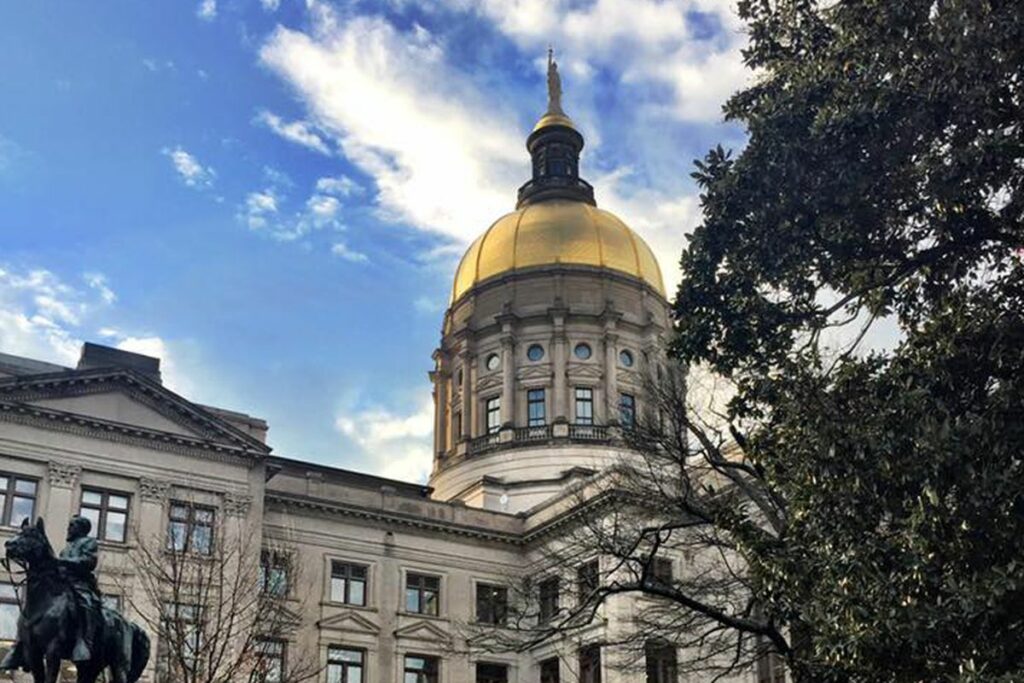
ATLANTA – The state Senate passed a $37.5 billion midyear budget Thursday that increases spending by $5 billion, including $2 billion from an unprecedented $16 billion surplus.
The legislation, which sailed through the Senate 54-1, represents a 9.4% increase over the fiscal 2024 budget the General Assembly passed last spring.
The Senate agreed with 95% of the spending recommendations Gov. Brian Kemp made when he presented the midyear budget last month, including $1,000 one-time pay supplements for public school teachers and state and University System of Georgia employees.
More than 58% of the funding goes to education and more than 22% to health care, Senate Appropriations Committee Chairman Blake Tillery told his Senate colleagues before Thursday’s vote.
Despite the massive budget reserves, the governor and legislature remain committed to a conservative approach to spending, said Tillery, R-Vidalia.
“We can’t invest in every good idea that approaches our desks,” he said. “We have not started new positions. We’ve also tried not to start new programs.”
However, the surplus will allow the state to fund capital projects from cash this year rather than the usual practice of borrowing the money. Tillery said that approach will save Georgia taxpayers.
“We’re using our savings to avoid the record-high inflation we see in the bond market,” Tillery said.
The list of building projects in the midyear budget includes $450 million for a new state prison in Washington County, $178 million for a new dental school at Georgia Southern University’s Armstrong campus in Savannah, and $50 million for a new medical school at the University of Georgia in Athens.
After the Senate passed the midyear budget, the House disagreed with the Senate version of the spending plan, and the two chambers appointed members of a joint conference committee that will work out the two legislative chambers’ differences.
After the General Assembly approves the midyear budget, which covers state spending through June 30, lawmakers will begin work on Kemp’s fiscal 2025 budget proposals.
